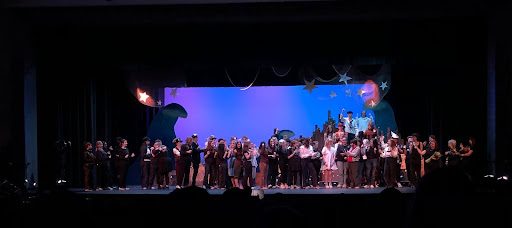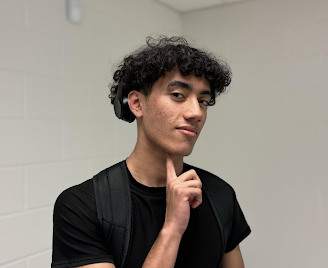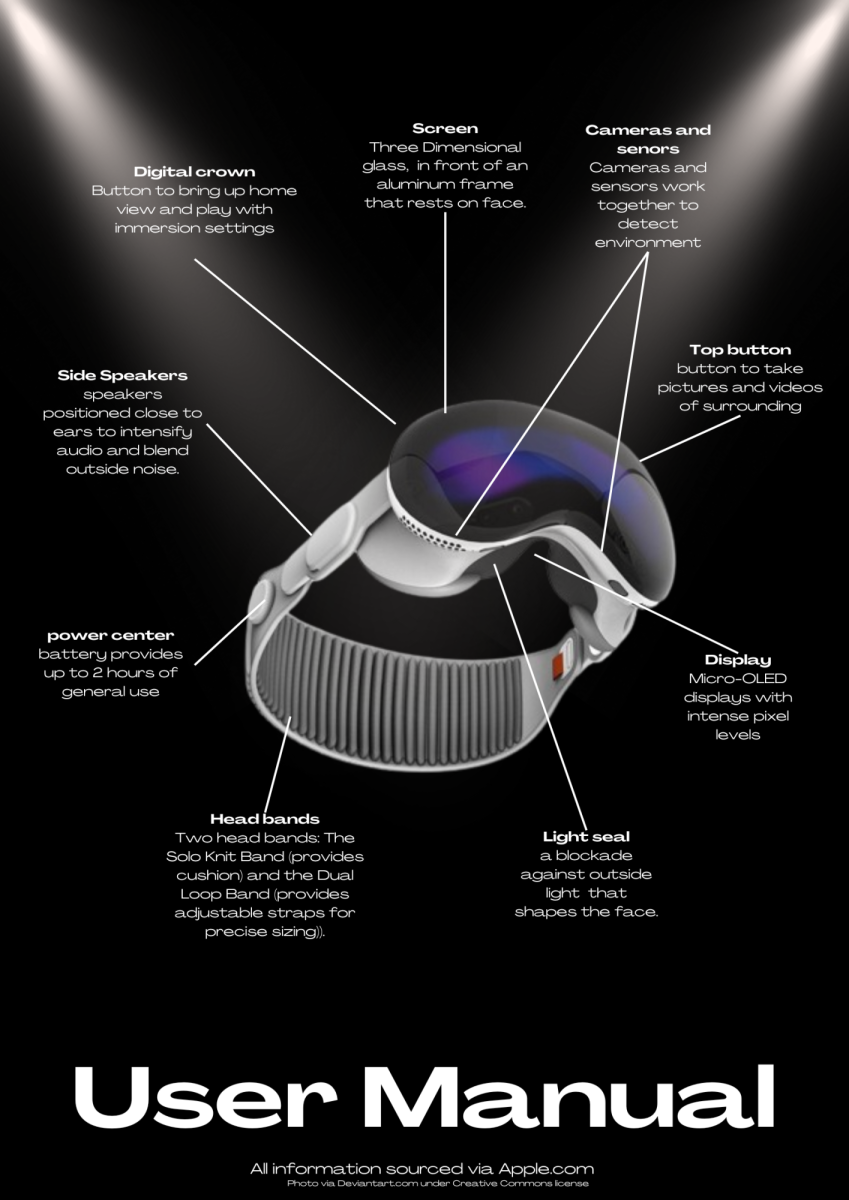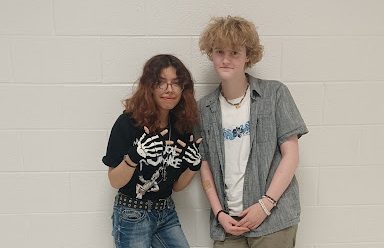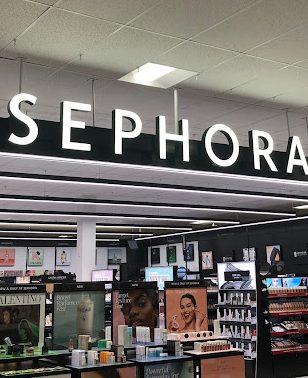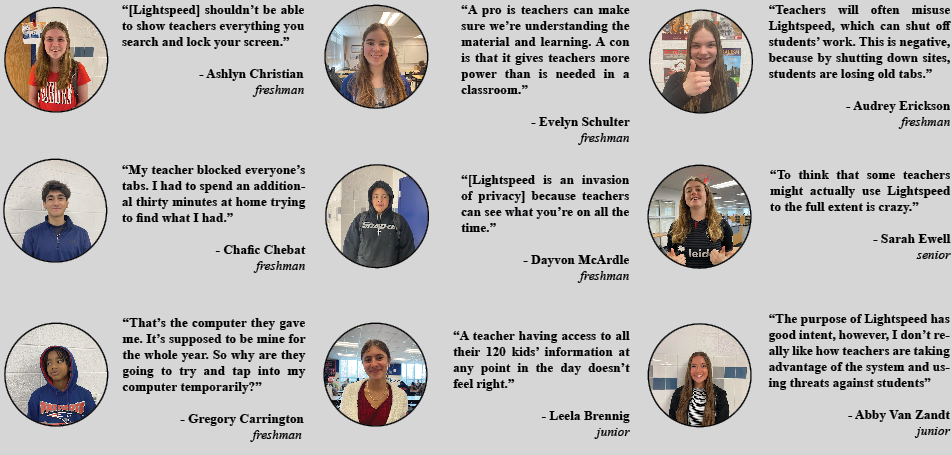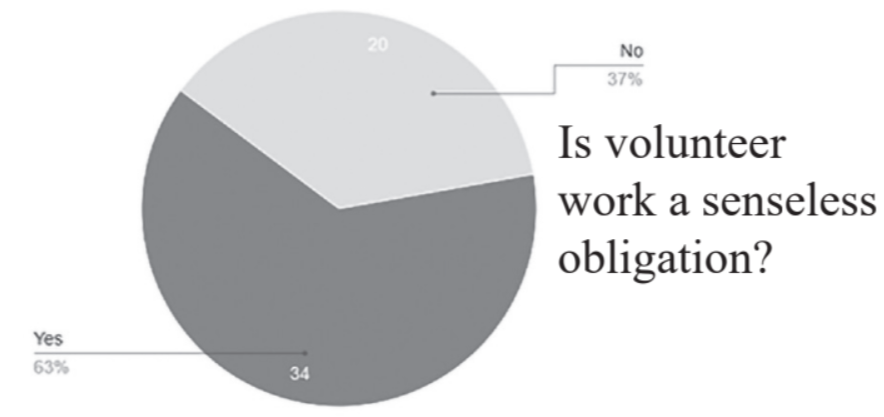
Eric Kripke’s, “The Boys”, and spin-off show, “Gen V”, utilize gore, blood, and shock value to mask what is actually a political satire.The show mocks many modern social tropes such as the political climate, college, Hollywood, and social media. Be warned, mild spoilers ahead.
The show’s premise is the idea that if superheroes were real, they wouldn’t be particularly moral. It begs audiences to imagine superheroes just as flawed as real world celebrities.
“The Boys” features shocking scenes such as exploding whale guts, octopus sex, and even a superhero orgy. On the surface, the show seems like mindless gory action. The show’s inspiration, a series of comics by Garth Enni, was widely criticized for its disgusting material and lack of depth.
“The ‘The Boys’ show is a million times better than the comics and the showrunners definitely saved the show,” said senior Beth Solomon.
The TV adaption addresses many of these concerns, remaking characters entirely. For example, the character Soldier Boy is portrayed as a cowardly Soldier. In the TV show, Soldier Boy is often associated with toxic masculinity. This criticizes the idea that if Captain America was frozen for years, he would not be accepting of a modern diverse society.
“Soldier Boy is definitely one of my favorite characters as his arrogance is quite hilarious,” said senior David Babb.
The show uses different ‘shapes’ as they are called to address tropes or problems with the modern world. For example, in “Gen V”, there is a super that can turn akin to Ant-Man. The catch is, she must binge eat to grow, and purge to shrink. Another character in a similar vein is one who has the power to manipulate her own blood.
The show succeeds in addressing real world problems, such as self harm and eating disorders, but manages to maintain a positive tone throughout. This differentiates “The Boys” from other shows that do not accomplish this same level of complexity.
Another concept introduced in the show is the absence of a definable antagonist. Unlike most superhero media, both ‘good guys’ and ‘bad guys’ are portrayed as multifaceted characters.
“I’m just blown away with how much emotion the more villainous side of the show really shows. Normally, villains don’t show much emotion of any type,” said senior Omari Patterson. “I think all superhero shows give the villains more emotion, background, and an [origin story].”

The prime example of this is Homelander. Homelander, played by Antony Starr, is an allegory for Superman. He is often described as an infinitely powerful character who does not possess a particularly robust set of morals. While Homelander is very clearly evil, he is still a complex character. He grew up in a lab, devoid of any parental influence, and in the end, all he truly wants is to be loved. The cherry on top? Homelander is also a representation of Donald Trump. This can be seen when he lasers a protester in the middle of the city, and instead of being booed or attacked, his supporters cheer him on. This is a reference to Trump’s famous quote, “I could stand in the middle of Fifth Avenue and shoot somebody, and I wouldn’t lose any voters, OK?”
Overall, “The Boys” incorporates elements of suspension and complex narrative-structure while remaining consistent with the story of its source material.

